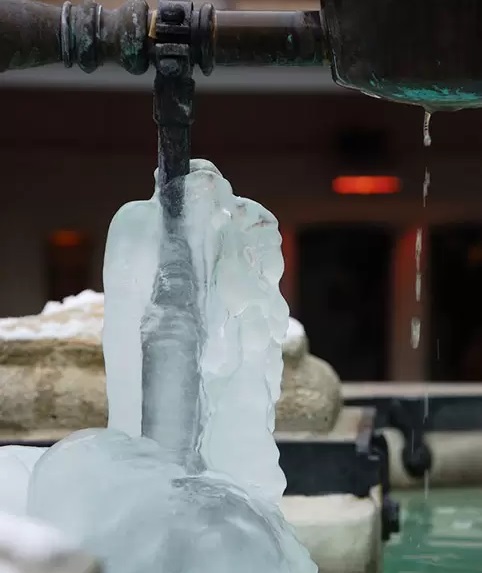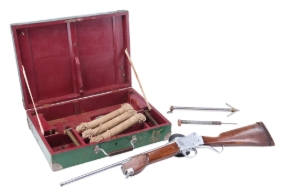With homeowners up and down the country looking to control heating bills, NFU Mutual is warning people to take steps to prevent pipes from freezing and avoid repair bills which can run to £8,000 and beyond.
As people look to tackle the cost-of-living crisis and the rise in their energy bills, a YouGov survey shows 61% of people will use their heating less this winter.
Unfortunately, when warm water circulates around pipes and warm air circulates around homes less frequently, the risk of pipes freezing and becoming damaged increases.
When the water in pipes freezes, it expands, causing the pressure inside the pipe to build up. This can often cause the pipe to split when it thaws, resulting in significant damage to the home.
From 2019 to 2021, the average cost of a home insurance claim to NFU Mutual relating to frozen pipes was over £8,000.
Andrew Chalk, Home Insurance Specialist at NFU Mutual, said: “While damage from frozen pipes is thankfully quite rare, when it does happen it can result in severe inconvenience to the owner and can cause tens of thousands of pounds worth of damage.
“Britain is generally a mild country, but cold snaps can see cases of frozen pipes rocket. The ‘Beast from the East’ in 2018 saw claims to NFU Mutual that year top 1660 for leaks following frozen pipes, over ten times the average in the milder years since, so it really is better to be safe than sorry.
“People will understandably think twice about putting the heating on this winter, but homeowners should be aware that houses without hot water circulating through their pipes, or left empty for days with no heating on, can be particularly vulnerable to freezing. There are also other, cheaper methods which can help prevent a costly repair bill, such as fitting inexpensive lagging to pipes – paying particular attention to outdoor plumbing and pipes in colder areas like lofts and basements – and allowing air to circulate in unused rooms and spaces when you do have the heating on.”
The chances of pipes freezing and splitting depends on the weather, the age and construction of the plumbing, and other factors like the level of insulation in your home. However, there are some simple steps you can take to reduce the chances of damage.
- Insulate pipes and water tanks with inexpensive lagging and tank jackets, paying particular attention to areas exposed to the cold – for example, outdoor pipes and those in attics, basements and lesser-used rooms
- Set your thermostat to kick in above freezing temperature, or set the heating to regularly come on, even if you are not home
- If leaving the house for a number of days, turn the water off at the mains and run the taps to avoid water building up in pipes
- Insulate your home with draught excluders and other methods
- When the heating is on, consider opening doors to little-used rooms and cupboards where pipes are
- Fix leaky taps, which can increase the chance of freezing
If taps or toilets stop working or refilling, or your boiler stops working, your taps may be frozen. If this happens:
- Know where your stopcock is and turn off the water
- Open the taps and then attempt to thaw the area using hot cloths or towels or a similar item like a hot water bottle. Never use a naked flame and do not apply strong heat directly to the area. Consider placing a container beneath the area to catch any leaks if the pipe is burst
- If there is a leak, ensure the mains water supply remains off and the water system is drained and contact your insurer











